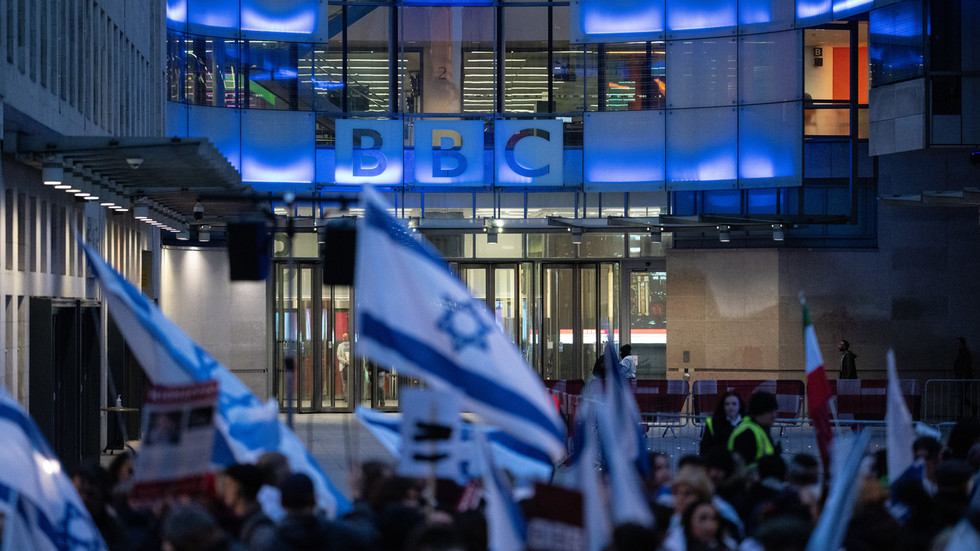In recent developments surrounding the BBC’s coverage of the ongoing crisis in Gaza, more than 100 staff members have raised serious concerns about perceived biases within the broadcaster’s reporting. According to a report by the Independent, these employees have accused the BBC of presenting a pro-Israel slant in its journalism, particularly in the context of the heightened conflict between Israel and Hamas. The allegations are encapsulated in a letter addressed to BBC Director-General Tim Davie, in which the staff members urge the organization to adhere strictly to its journalistic principles of fairness, accuracy, and impartiality. This letter has also garnered support from prominent figures, including Baroness Sayeeda Warsi, who previously held a senior ministerial position related to foreign affairs.
The anonymous BBC employees are particularly critical of what they perceive to be a lack of balanced and evidence-based reporting regarding the situation in Gaza. They have called for the BBC to communicate the challenges foreign journalists face in accessing Gaza, thereby providing appropriate context to their coverage. As reported, some employees have expressed a sense of disillusionment, claiming that a growing number of their colleagues have left the organization due to dissatisfaction with its handling of the Israel-Palestine reporting. This internal dissent highlights a broader concern about the BBC’s ability to maintain trust among its audience, with staff members fearing that the institution is losing credibility in both the UK and international media landscapes.
One employee’s remarks reflect a sense of urgency and desperation over the institution’s editorial choices, lamenting the impression that audiences receive from headlines that fail to adequately represent the broader narrative of the conflict. These criticisms point to an underlying anxiety among BBC staff regarding the potential erosion of public trust as a result of perceived editorial biases. The broadcaster’s management has, however, firmly refuted these allegations, stating that they maintain rigorous standards to ensure the impartiality of their news offerings. The BBC’s response indicates a commitment to self-governance and adherence to established editorial guidelines.
The media landscape surrounding the Israeli-Palestinian conflict is fraught with complexities, and claims of bias can easily become contentious. In the wake of the deadly Hamas incursion into Israel on October 7, 2023, critiques of various media houses—including the BBC—have intensified. A report published in September by The Telegraph highlighted what it described as a troubling trend of bias within the BBC, noting multiple alleged violations of the broadcaster’s own editorial guidelines. This report was underscored by an analysis conducted by legal experts and data scientists, suggesting that the BBC exhibited anti-Israel bias across multiple platforms over the previous months.
Despite the findings reported by The Telegraph and the criticisms articulated by staff members, the BBC has dismissed these assessments as unreliable. They have specifically questioned the effectiveness of the artificial intelligence tools that some researchers employed in their analyses of the BBC’s content. This ongoing tension between internal complaints and external scrutiny positions the BBC at a critical juncture as it grapples with upholding its reputation for impartiality, particularly in such a polarizing and rapidly evolving news environment.
As the conflict continues to unfold, the implications of media reportage on public perception cannot be understated. The BBC finds itself under the microscope, facing scrutiny from both its employees and the public. With escalating demands for transparency and accuracy in how complex conflicts are reported, the BBC’s response and eventual actions will be vital in either reaffirming or undermining its status as a trusted news provider. The conversation surrounding media impartiality in the context of the Israel-Palestine conflict underscores the broader challenges that journalists face in navigating sensitive geopolitical landscapes while striving to inform their audiences responsibly.

